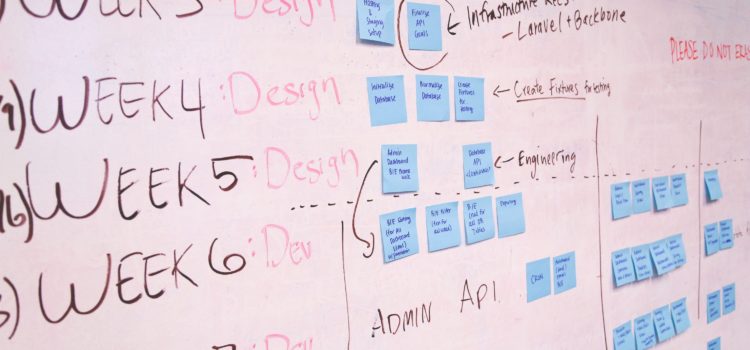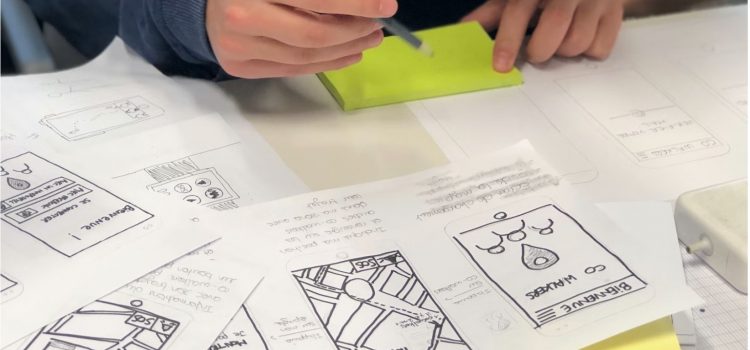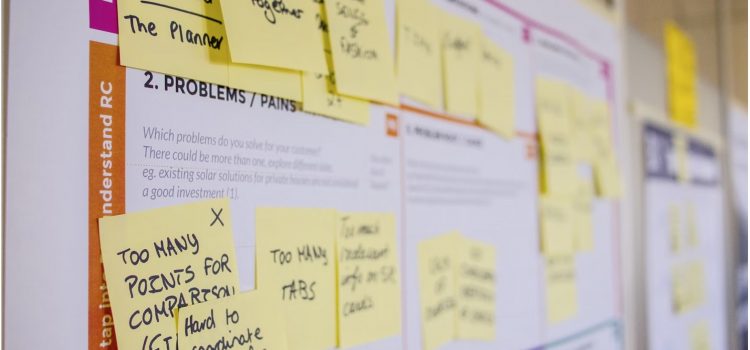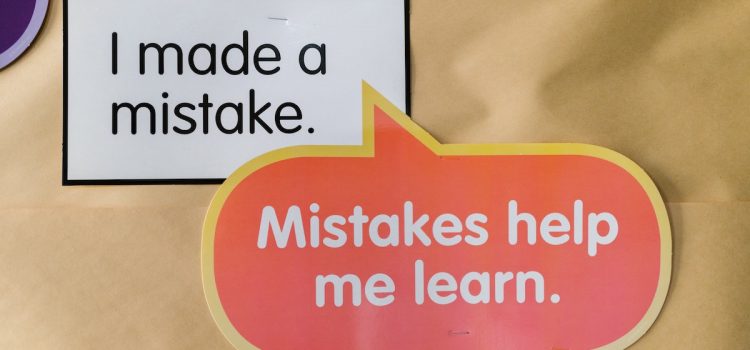Why do so many innovation projects fail? What are the solutions that will fix all of your innovative problems? In Ten Types of Innovation, Larry Keeley and his co-authors identify a number of reasons that innovation projects fail. Just a few specific reasons they pinpoint are: A project can fail because it doesn’t incorporate enough types of innovation, tries to incorporate too many types at once, or focuses on the wrong types. Keep reading to learn why innovation failures happen and how to prevent them.
5 Common Innovation Failures and How to Solve Them










